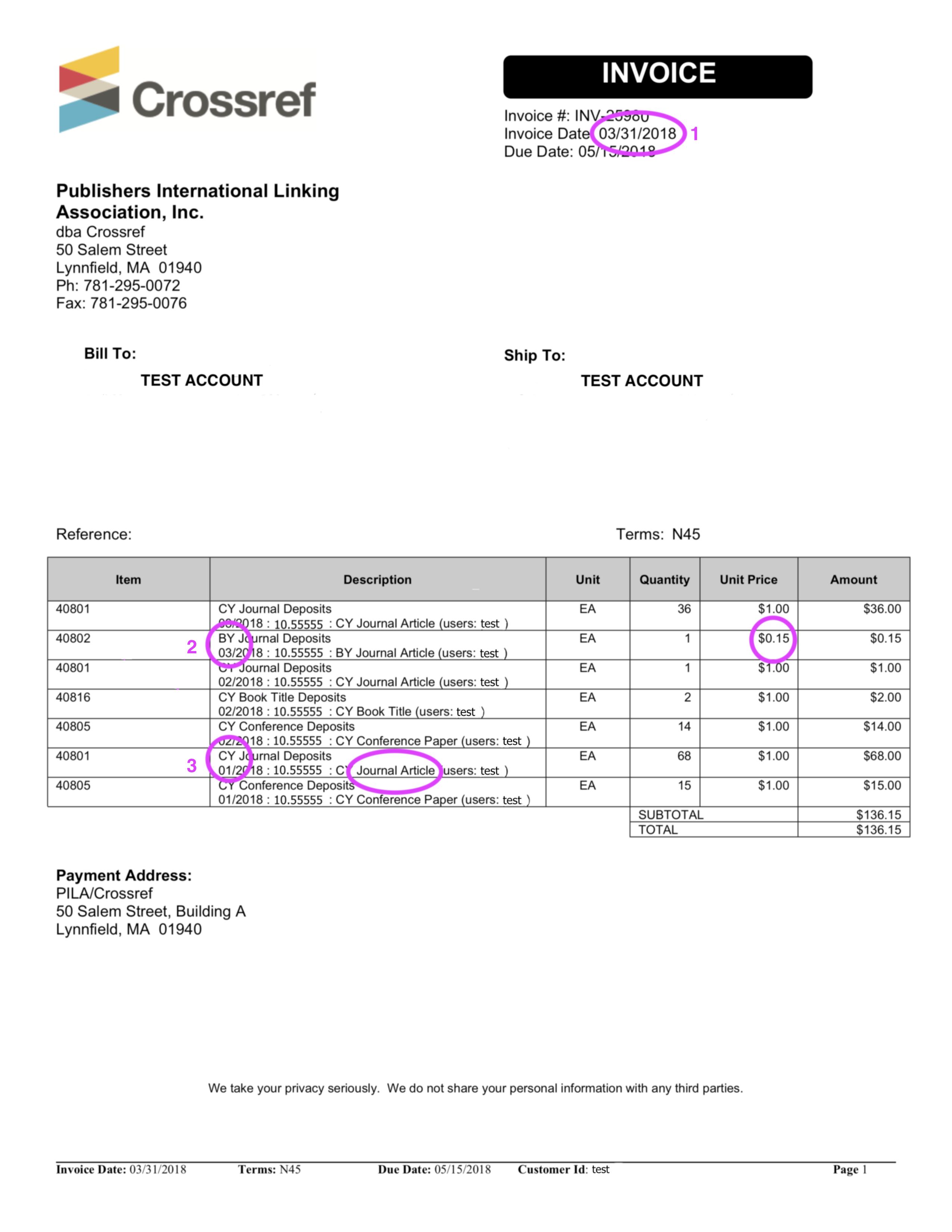Human intelligence and curiosity are the lifeblood of the scholarly world, but not many people can afford to pursue research out of their own pocket. We all have bills to pay. Also, compute time, buildings, lab equipment, administration, and giant underground thingumatrons do not come cheap.
Crossref Blog
The Open Funder Registry plays a critical role in making sure that our members correctly identify the funding sources behind the research that they are publishing.
Last year I spent several weeks studying how to automatically match unstructured references to DOIs (you can read about these experiments in my previous blog posts). But what about references that are not in the form of an unstructured string, but rather a structured collection of metadata fields?
More and better license information is at the top of a lot of Christmas lists from a lot of research institutions and others who regularly use Crossref metadata. I know, I normally just ask for socks too.

Our friend and colleague Christine Hone (née Buske) passed away in May from a short but brutal illness. Here is our attempt at ‘some words’, which we wrote for her funeral book and are posting here with her husband Dave’s permission.
Tl;dr Crossref is taking over the service management of Similarity Check from Turnitin.
You can’t go far on this blog without reading about the importance of registering rich metadata. Over the past year we’ve been encouraging all of our members to review the metadata they are sending us and find out which gaps need filling by looking at their Participation Report.
The Simple Text Query form (STQ) allows users to retrieve existing DOIs for journal articles, books, and chapters by cutting and pasting a reference or reference list into a simple query box.
The Crossref Nominating Committee is inviting expressions of interest to serve on the Board as it begins its consideration of a slate for the November 2019 election.

Whenever we send out our quarterly deposit invoices, we receive queries from members who have registered a lot of backlist content, but have been charged at the current year’s rate.
Our Ambassador Program is now one year old, and we are thrilled at how the first 12 months have gone. In 2018 we welcomed 16 ambassadors to the team, based in Australia, Brazil, Colombia, India, Indonesia, Mexico, Nigeria, Peru, Russia, Singapore, South Korea, UAE, Ukraine, USA, and Venezuela.